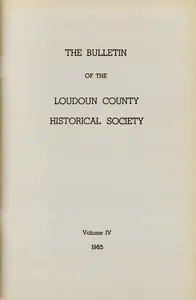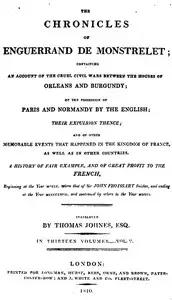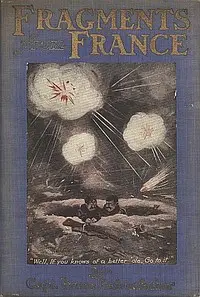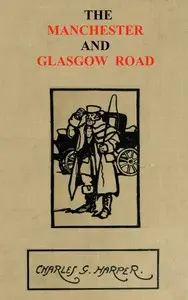"Invention: The Master-key to Progress" by Bradley A. Fiske is a historical account written in the early 20th century. This work delves into the evolution of human civilization through the lens of invention, exploring how creative developments, from primitive tools to modern technologies, have shaped human progress. Fiske emphasizes the crucial role of inventors in transforming society, ultimately suggesting that the future of civilization relies heavily on continued inventive breakthroughs. The opening of the book introduces the idea that early humans, living in primitive conditions, relied on their ability to invent tools and strategies for survival. Fiske discusses the significance of early inventions such as weapons and the creation of fire, illustrating how they were pivotal in mankind's advancement from a savage existence to a more organized and civil society. He posits that these original inventions laid the groundwork for future achievements, connecting the dots between ancient innovations and the progress that followed through various periods of civilization. By framing the invention as a mental process initiated by insight and imagination, he sets the stage for a deeper exploration into the historical impact of inventive thought on societal development. (This is an automatically generated summary.)
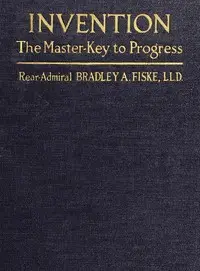
Invention: The Master-key to Progress
By Bradley A. (Bradley Allen) Fiske
"Invention: The Master-key to Progress" by Bradley A. Fiske is a historical account written in the early 20th century. This work delves into the evolu...
Rear Admiral Bradley Allen Fiske was an officer in the United States Navy who was noted as a technical innovator. During his long career, Fiske invented more than a hundred and thirty electrical and mechanical devices, with both naval and civilian uses, and wrote extensively on technical and professional issues; The New Yorker called him "one of the notable naval inventors of all time." One of the earliest to understand the revolutionary possibilities of naval aviation, he wrote a number of books of important effect in gaining a wider understanding of the modern Navy by the public. For inventing the rangefinder, he was awarded the Elliott Cresson Medal of The Franklin Institute in 1891.










